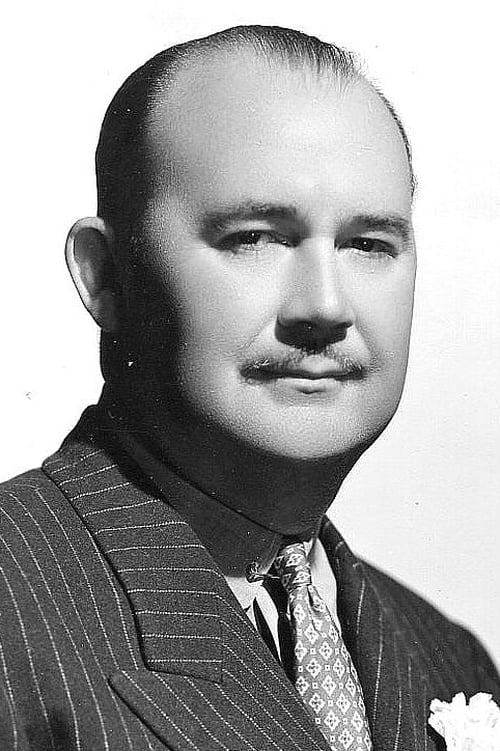
Paul Whiteman
Nacimiento : 1890-03-28,
Muerte : 1967-12-29
Historia
Paul Whiteman began his musical career as a viola player for the San Francisco Symphony. He enlisted in the Navy during World War I, and his musical abilities resulted in the Navy putting him in charge of his own band. After the war he moved to New York in 1920, where he recorded his first hit, Whispering/The Japanese Sandman. It sold more than two million copies, making Whiteman was an instant star. In 1924 he introduced the George Gershwin classic Rhapsody in Blue, which became the band's signature song. Whiteman had the foresight to hire some of the best jazz musicians of the era, including Red Nichols, Frankie Trumbauer, Tommy Dorsey and Bix Beiderbecke. Bing Crosby got his start with Whiteman in 1929, in a trio called the Rhythm Boys. Whiteman's band continued its run into the 1930s, but toward the end of the decade their popularity began to wane, and in the early 1940s Whiteman took a job as musical director for the American Broadcasting Co., a position he kept into the '60s. He would put together his band every so often during that period, and in the early 1960s they even managed to secure engagements in Las Vegas, after which Whiteman retired.
Date of Birth 28 March 1890, Denver, Colorado, USA
Date of Death 29 December 1967, Doylestown, Pennsylvania, USA (heart attack)

Himself (archive footage)
Feature-length compilation of 1920s newsreel footage, with commentary about news, sports, lifestyles, and historical figures.

Paul Whiteman
Paul Whiteman, the orchestra leader, is a resident of the town of Libertyville, New Jersey, a quiet community where the farmers, including Mr. Whiteman, raise Black Angus cattle. His story is how the townspeople got to together in a town meeting to find a solution to the helter-skelter activities of the local teen-agers Saturday nights.
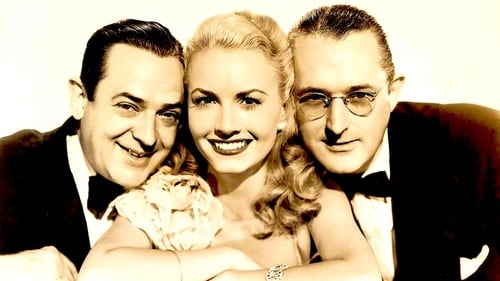
Paul Whiteman
La historia de Tommy y Jimmy Dorsey desde su infancia en Pensilvania a través de su ascenso, su ruptura y su reunión personal.
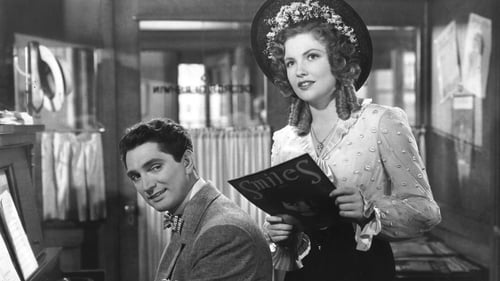
Himself
George Geshwin nació en Brooklyn en 1898. Sus padres compraron un piano para que recibiera lecciones a su hijo Ira, pero la llegada del instrumento a casa cambia totalmente los pensamientos de George, el más pequeño, que se siente atraído por el instrumento y por la música. A los dieciocho años es admitido por el célebre profesor Frank y tiene su primera oportunidad en un teatro de variedades de barrio, pero allí sus composiciones no son apreciadas...

Himself
In 1915, Atlantic City is a sleepy seaside resort, but Brad Taylor, son of a small hotel and vaudeville house proprietor, has big plans: he thinks it can be "the playground of the world." Brad's wheeling and dealing proves remarkably successful in attracting big enterprises and big shows, but brings him little success in personal relationships. Full of nostalgic songs and acts, some with the original artists. Reissued in 1950 as "Atlantic City Honeymoon".
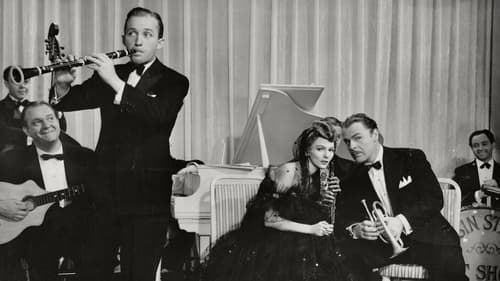
Self (archive footage)
Jeff crece cerca de Basin Street, en Nueva Orleans, tocando el clarinete en el muelle de estibadores. Forma una banda, La Basin Street Hot-Shots, que incluye a Memphis, un trompetista. Sufren para que su música jazz sea aceptada en los cafés de la ciudad. Betty Lou, una cantante, se une a la banda y consigue conciertos para ésta. Jeff y Memphis se enamoran de Betty Lou.
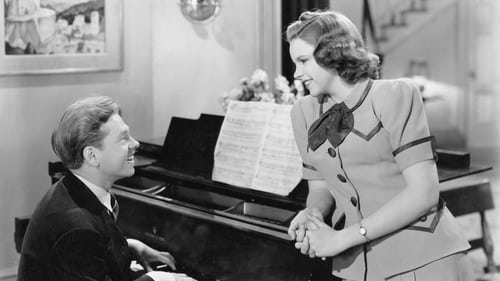
Paul Whiteman
Un grupo de jóvenes estudiantes forma su propia orquesta y consigue la fama gracias a su participación en el programa radiofónico de Paul Whiteman

Producer at Callahan's Drive In (uncredited)
After losing a coveted role in an upcoming film to another actress, screen queen Mona Marshall (Lola Lane) protests by refusing to appear at her current movie's premiere. Her agent discovers struggling actress Virginia Stanton (Rosemary Lane) -- an exact match for Mona -- and sends her to the premiere instead, with young musician Ronnie Bowers (Dick Powell). After various mishaps, including a case of mistaken identity, Ronnie and Virginia struggle to find success in Hollywood.

Himself - Bandleader
A show troupe is engaged by Judge Culliman, who is running for Governor, to enhance his political campaign. When the inebriated Judge has to be replaced in doing his campaign speech by the troupe crooner, Eric Land, his political backers decide that they want him to run for Governor in the Judge's place. Romance, music, political corruption and the election results follow.

Self / Orchestra Leader (as Paul Whiteman and Orchestra)
Walter Winchell meets a budding country journalist and shows her around the Biltmore Hotel.
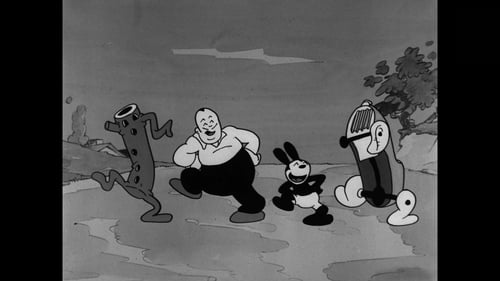
Himself
Oswald the Rabbit puts on a concert for a group of barn animals - but when they discover that he's miming to a record of his idol, Paul Whiteman - they boo and shun him. Oswald wanders off in shame to hang himself from the nearest tree and is stopped by none other than Whiteman himself who happens along in his car. The two begin performing music using parts of the car which leads to some highly surrealistic setpieces (dancing tools - a hood ornament that does an Indian dance, etc.) This rare and whimsical cartoon was used to promote THE KING OF JAZZ and makes reference to same.
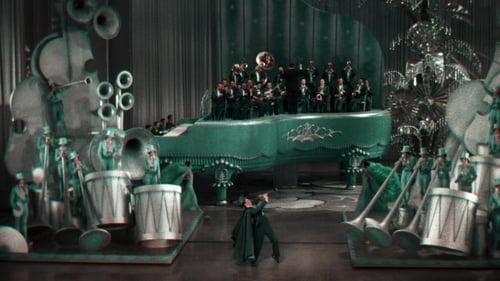
Paul Whiteman
Una revista que gira en torno al director de orquesta Paul Whiteman, además de demostrar en su número de clausura que la música popular europea se halla en las raíces de la música popular norteamericana, es decir, el jazz.

Himself
Reginald Denny hosts. Reginald Denny presents a performance by a famed female impersonator Julian Eltinage. Anita Page and Julia Faye discuss the latest fashions for women. Bobby Vernon attempts to provide musical entertainment.

A Lady adopts a runaway slum girl who resembles her own dead daughter.









